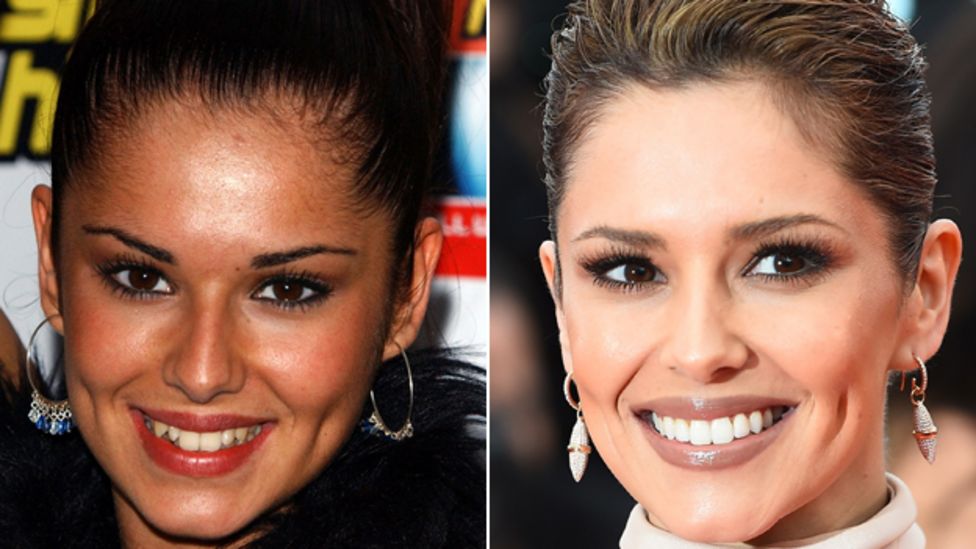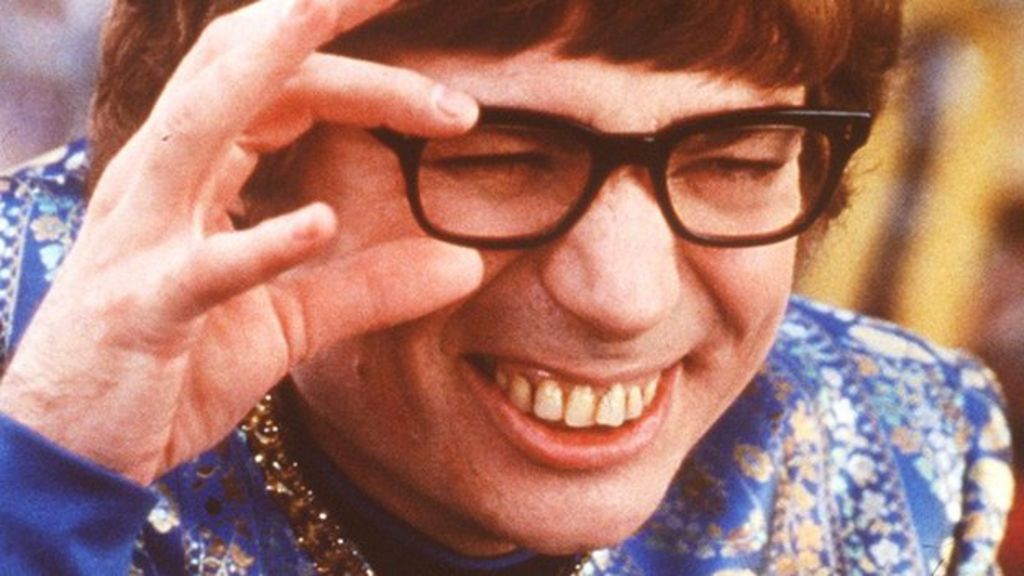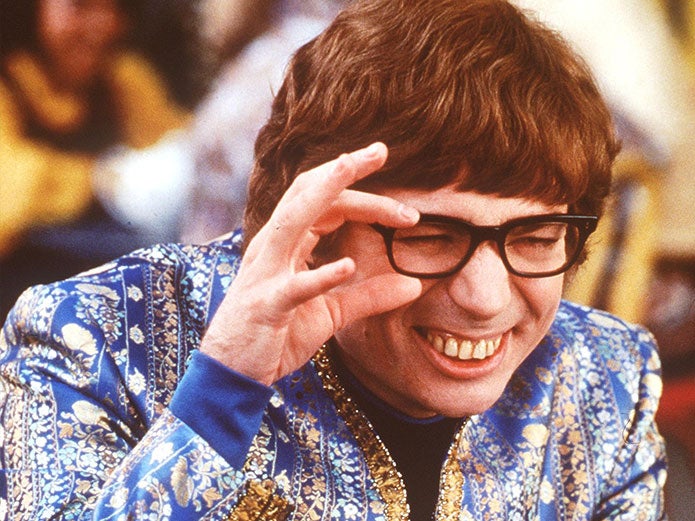British Memes: Why The UK's Teeth Are Such A Joke?
Is there something inherently humorous, or perhaps just plain strange, about the United Kingdom that consistently tickles the funny bones of those outside its borders? The enduring fascination with British culture, distilled and amplified through the lens of the internet, suggests a resounding yes, with memes serving as the primary vehicles for this transatlantic amusement.
The British, it seems, are a source of endless fascination, a rich tapestry woven with threads of peculiar cuisine, a perceived dental "issue", a legacy of colonialism that continues to shape their global image, and, of course, a language brimming with a captivating array of regional accents. These elements coalesce to create a cultural archetype, often exaggerated for comedic effect, that resonates with audiences worldwide. However, the question remains: is this perception rooted in reality, or is it simply a clever, long-running joke?
| Feature | Details |
|---|---|
| Origin of Meme Fascination | The UK's cultural uniqueness, including food, teeth, and a perceived superiority complex due to colonialism, fuels global meme interest. |
| Key Elements of the Meme | Weird food, dental stereotypes, and the language. |
| Dental Health Statistics | In 2012, approximately one million Britons began orthodontic treatment. |
| Influence of Other Memes | Preceded by "White people be like" and "Black people be like" memes, Balkan memes. |
| Historical Context | The joke about British teeth originated during WWII with American soldiers stationed in the UK. |
| Modern Trends | Rise of dental improvement spending in the UK. |
| Criticism and Evolution | Criticism in 2022 regarding the overuse of the meme by British and European internet users. |
| Example Memes | "Bone apple tea" and "bone app the teeth". |
| Cultural References | "The Simpsons" and Brandon Rogers' "Normal British People" sketch. |
| Humor Perception | American English speakers find British humor less funny due to the ironic and sarcastic aspects. |
| Current Trends | Increased private spending on improving teeth in the UK, reaching 1.86 billion last year, according to Mintel. |
The genesis of the meme-ification of the British is multifaceted, but several factors consistently emerge. The food, often perceived as bland or peculiar, provides easy fodder for comedic comparison. The teeth, a long-standing stereotype, are frequently the subject of jokes, fueled by images and portrayals in popular culture. Furthermore, a certain perceived "superiority complex," a byproduct of centuries of colonialism, is often cited as a point of humor. These elements, though potentially sensitive, combine to form a recognizable, albeit often exaggerated, image of the British.
The perception of poor dental health in the UK has a historical basis, at least to some degree. Before significant advancements in dental care and the widespread use of fluoride, dental standards in Britain were not as high as in the US. During World War II, American soldiers stationed in the UK were perhaps the first to widely remark on the difference in dental aesthetics, solidifying the stereotype in the popular consciousness. The lack of widespread access to good dental care, combined with the limited focus on children's dental health, further contributed to this image.
The evolution of the "British Teeth" meme, like many internet phenomena, reflects changing social dynamics and cultural exchange. The meme itself has been adapted and reinterpreted by various creators, reflecting the evolving concerns and perspectives of the creators and audience. It has seen moments of extreme popularity, and some degree of criticism. The meme has morphed into an almost meta-commentary on the British, and in many ways, reflects the broader cultural conversations about identity, perception, and humor. The meme also serves as a reflection of social trends, with the focus on teeth aligning with a wider emphasis on aesthetics in modern society, as people are increasingly willing to invest in improving their smiles.
In 2022, the overuse of this trope led to its deconstruction and criticism, particularly among British and European users, a sign that the meme was perhaps experiencing a period of creative exhaustion. Users began to lampoon the cliche, particularly on platforms like TikTok, where skits and video essays were common, contrasting American and British speech and humor.
However, the meme's longevity suggests a deeper resonance. It speaks to the ways in which national identities are constructed and projected, and how those constructions become fodder for humor. The humor, while sometimes lighthearted, can also touch on sensitive subjects, reflecting the complex relationship between the UK and the rest of the world, its colonial past, and evolving social dynamics.
The role of private spending on dental care also underscores the changing landscape of dental health in the UK. While the stereotype persists, the increasing investment in private dental care indicates a growing prioritization of dental aesthetics and overall oral health, a trend that reflects the rise of cosmetic dentistry and the importance placed on appearance in contemporary culture. The fact that spending has risen so sharply indicates that a large portion of the population is prioritizing this area.
The impact of American culture on the British perception is also worth noting. The United States, with its emphasis on perfect teeth, has heightened the contrast, making any perceived imperfections more noticeable. As the US continues to push teeth whitening and other cosmetic dental procedures, the difference in aesthetic standards between the two nations is further emphasized.
In conclusion, the British meme is a complex and multi-layered phenomenon, a mixture of humor, cultural observations, and social commentary. The persistence of the teeth stereotype, despite improved dental care, underscores the power of cultural perception. As the internet evolves, the ways in which the world views the United Kingdom will likely evolve with it, but the humor, for better or worse, is likely here to stay.


